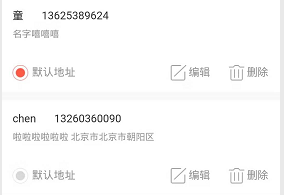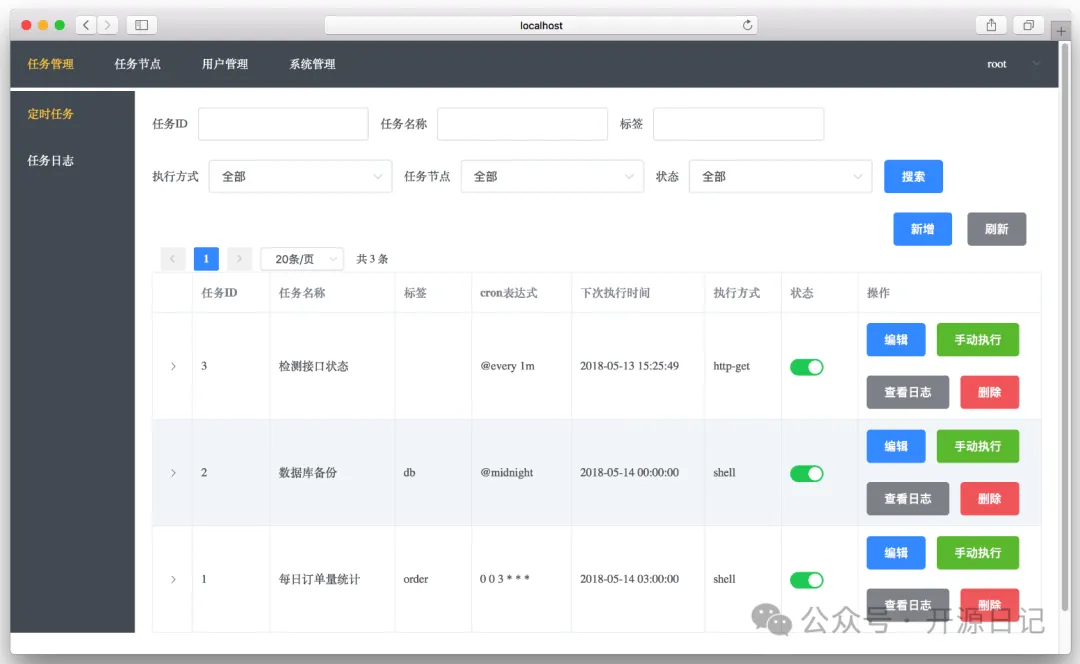缓存篇
一个缓存就是一个组件,它可以透明地储存数据,以便以后可以更快地服务于请求。多次重复地获取资源可能会导致数据重复,消耗时间。因此缓存适用于变化性不大的一些数据,缓存能够服务的请求越多,整体系统性能就能提升越多。
浏览器缓存,有时候我们需要他,因为他可以提高网站性能和浏览器速度,提高网站性能。但是有时候我们又不得不清除缓存,因为缓存可能误事,出现一些错误的数据。像股票类网站实时更新等,这样的网站是不要缓存的,像有的网站很少更新,有缓存还是比较好的。
以下是传统的清除浏览器的方法
meta方法
//不缓存 <META HTTP-EQUIV=\"pragma\" CONTENT=\"no-cache\"> <META HTTP-EQUIV=\"Cache-Control\" CONTENT=\"no-cache, must-revalidate\"> <META HTTP-EQUIV=\"expires\" CONTENT=\"0\">
清理form的临时缓存
<body onLoad=\"javascript:document.yourFormName.reset()\">
ajax清除缓存
$.ajax({
url:\'www.haorooms.com\',
dataType:\'json\',
data:{},
cache:false,
ifModified :true ,
success:function(response){
//操作
}
async:false
});
用随机数,随机数也是避免缓存的一种很不错的方法!
URL 参数后加上 \”?ran=\” + Math.random(); //当然这里参数 ran可以任意取了
用随机时间,和随机数一样。
在 URL 参数后加上 \”?timestamp=\” + new Date().getTime();
用php后端清理
在服务端加 header(\”Cache-Control: no-cache, must-revalidate\”);等等(如php中)
下面介绍关于angularJs项目中清除浏览器的方法,当然以上传统的方法也是可以适用的,但对于angularJs来说还需添加以下几项:
一、清除模板缓存
.run(function($rootScope, $templateCache) {
$rootScope.$on(\'$routeChangeStart\', function(event, next, current) {
if (typeof(current) !== \'undefined\'){
$templateCache.remove(current.templateUrl);
}
});
});
二、html添加随机参数
.state(\"content\", {
url: \"/\",
views:{
\"bodyInfo\":{templateUrl: \'tpls/bodyInfo.html?\'+ +new Date(),
controller:\'bodyInfoCtrl\'},
\"header\":{templateUrl: \'tpls/header.html?\'+ +new Date(),
controller:\'headerCtrl\'
},
\"footer\":{templateUrl: \'tpls/footer.html?\'+ +new Date(),
controller:\'footerCtrl\'
}
}
})
<link rel=\"stylesheet\" href=\"stylesheets/main.css?version=1.0.3\" rel=\"external nofollow\" >
三、清除route缓存
.config([\'$stateProvider\', \'$urlRouterProvider\',\'$locationProvider\',\'$httpProvider\',function($stateProvider, $urlRouterProvider,$locationProvider,$httpProvider) {
// $urlRouterProvider.when(\"\", \"/home\");
$urlRouterProvider.otherwise(\'/\');
if (!$httpProvider.defaults.headers.get) {
$httpProvider.defaults.headers.get = {};
}
$httpProvider.defaults.headers.common[\"X-Requested-With\"] = \'XMLHttpRequest\';
$httpProvider.defaults.headers.get[\'Cache-Control\'] = \'no-cache\';
$httpProvider.defaults.headers.get[\'Pragma\'] = \'no-cache\';
好了……就这么多了
如果还有其他方法欢迎指点迷津!
以上就是本文的全部内容,希望对大家的学习有所帮助,也希望大家多多支持。
© 版权声明
THE END










暂无评论内容